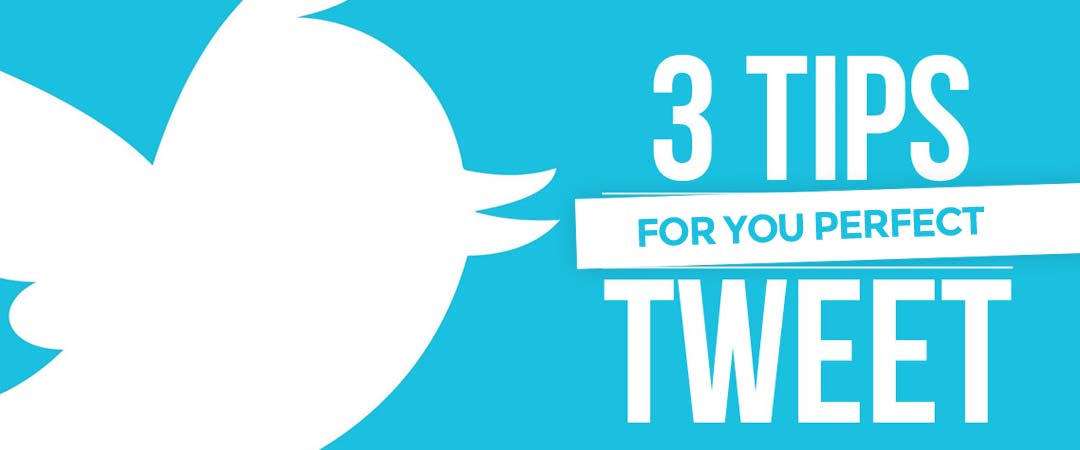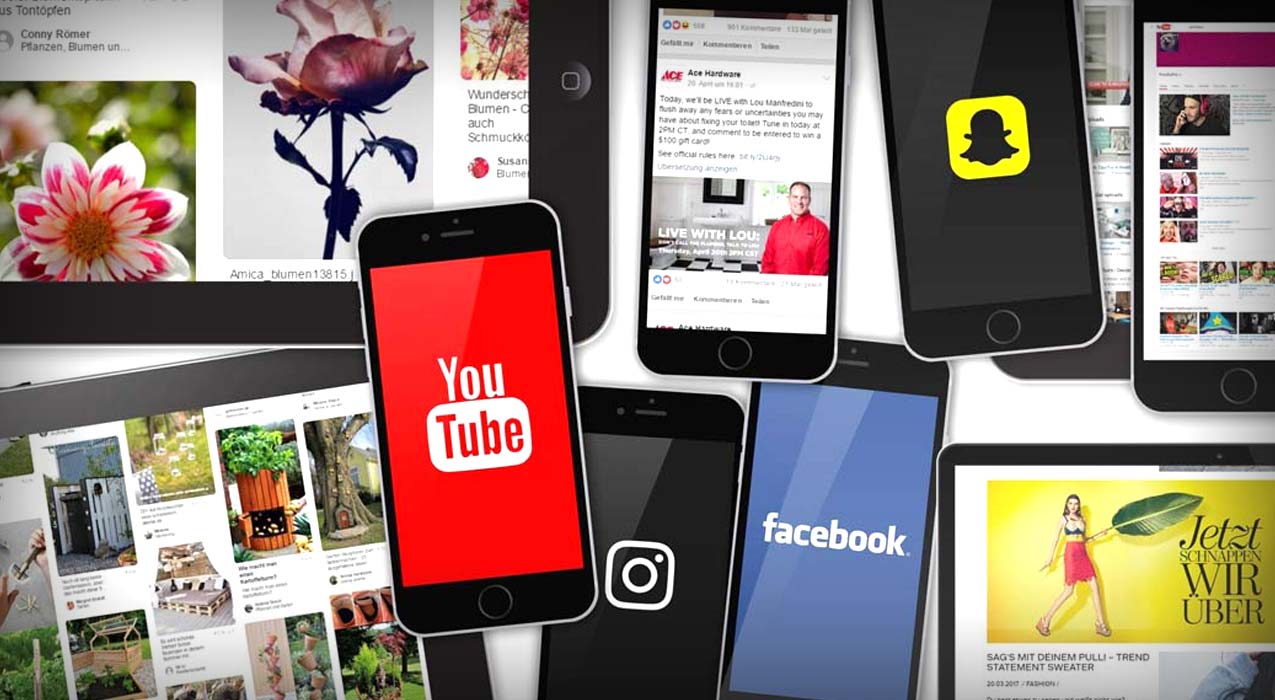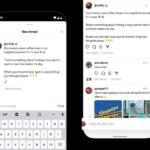Direct message (DM) – Personal messages on social networks
A direct message is the direct private message between a sender and a recipient. Direct messages are accordingly colloquially private messages. News that is not intended for the public. Direct messages are available on all different platforms, Facebook, YouTube, Instagram, Snapchat and many others.
History of the Communication Model
In its theoretical assumption, the sender-receiver model speaks of the fact that in the times before the Internet or shortly before, even with so-called hands-on radios, messages always emanated from one person to many people. So the relationship is 1:m. Due to the revolutionary changes of the World Wide Web, invented at that time in Cern, these transmitter-receiver models have changed fundamentally. Today, anyone can become a sender, through the simple system, such as social networks. Nowadays everyone can set up their own blog or make videos and publish them on their own, thus becoming a television station themselves. Beautiful new world! Now the sender-receiver model no longer provides a relationship of 1:m but m:n.
Communication has become so ubiquitous that the communication model has completely changed. Nevertheless, we all still value privacy, which is exactly why direct messages were invented.
Sending such a directly the message is very simple. Everyone has their own account, their own social media profile. On this social media profile you can usually find the newsstream, where all new media content of the user is collected and archived, also always a contact button. One is called Instamessage, the other Facebook is called direct message and so each system has its own name for direct messages.
Criticism about data protection of private messages
Since the big data scandal of Facebook and Cambridge Analytics, social networks are under criticism. The latest reports from the USA now also deal with the fact that a rule that has always been asserted has been broken. Because not only the demographic data of certain groups were probably sold, but also contents of private messages. Read more about the data scandal and data sales.
The sale of private news content allows large companies to filter even more specific interests. For example, when I write to my girlfriend in the evening and talk about series, the algorithms can easily recognize what I’m discussing most at the moment. The next time I visit the video streaming portal or the music online shop, I will have the right offers for you. The criticism that results from this, the more my data is filtered before, the less I encounter something new. So for me, it’s forever chewing through what I already like. This means that a piece of information pluralism is lost.
You can see how complex communication is, but also the structure behind communication. Information monopolies have arisen, have been overturned in the transmitter-receiver model and now a new transmitter is establishing itself, which transmits quite subconsciously, through advertisements or even proposed films and music from data from private messages. When music and videos become politics, we face the next big scandal.
- Nowadays you can write private messages with other users on any social network
- The communication model has undergone a radical change since the Internet, today there is not only one sender but through the social networks everyone can become a sender for many recipients
- In order to protect the privacy the direct messages were introduced
- But criticism is also voiced here: for example, algorithms go through private messages and use them to adapt advertising to the user












